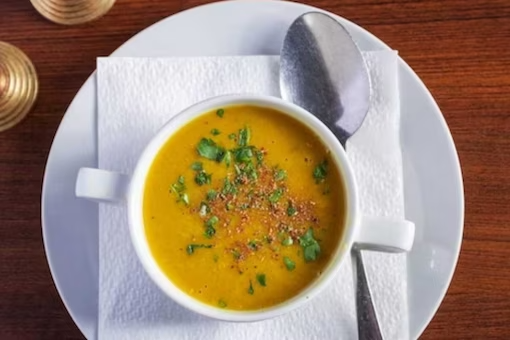Today’s busy world has taken a toll on our health. An unhealthy lifestyle and improper diet have contributed to ill health, especially leaving a major impact on our heart health. Both high and low cholesterol levels are linked to an increased risk of heart disease, thus necessitating the need to manage one’s cholesterol levels. According to the World Health Organisation (WHO), a third of ischaemic heart disease globally is attributable to high cholesterol. Besides having a healthy lifestyle, your diet also has a powerful effect on your cholesterol levels. While some food majorly adds to bad cholesterol, there are also certain foods that can help cut down on the levels.
FOODS FOR LOWERING CHOLESTEROL LEVELS
- Brown Rice with Dal
While both brown rice and dal are a major part of the Indian diet, consuming both of them together can help in reducing LDL (low-density lipoprotein) cholesterol or bad cholesterol. Notably, brown rice is a great source of whole grains and helps to lower the risks of heart disease. - Turmeric and Black Pepper
According to a study published in the Journal of Nutrition and Metabolism, a supplement containing turmeric and black pepper can significantly help in reducing bad cholesterol levels. While black pepper contains piperine, turmeric contains curcumin, a combination of which can help with cholesterol levels. - Almonds and Yoghurt
Almonds which are believed to be a great source of heart-healthy monounsaturated fats and protein can be combined with yogurt, which contains probiotics. This will help to lower total cholesterol levels by up to 4%. - Green Tea and Lemon
Rich in antioxidants, green tea is believed to help in reducing LDL cholesterol levels. If combined with lemon which contains flavonoids, it can make a refreshing and healthy drink. According to a study from the American Journal of Clinical Nutrition, the consumption of flavonoids can help to reduce the risk of heart disease. - Garlic and Onion
Garlic and onion are also believed to have helped in lowering bad cholesterol levels. While garlic contains allicin, onion contains quercetin, both of which have shown cholesterol-lowering properties.


